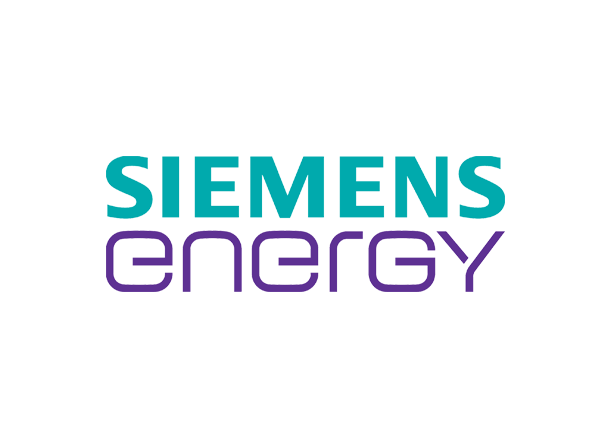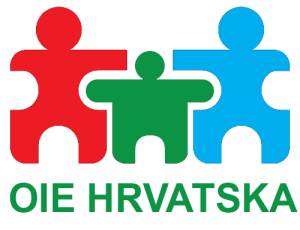Siemens Energy is a young company that fosters the hundreds-of-years-long tradition of innovations, building foundations for stable, sustainable, and accessible energy for the future aimed at making it available to the largest possible number of people.
Created by the separation of the operational units Gas and Power (GP) from Siemens AG Company, Siemens Energy has been independently functioning since April 2020, and the shares of the company have been listed on the Frankfurt stock exchange as of September of the same year.
Siemens Energy focuses on four dominant trends in the new energy era – digitalization, decentralization de-carbonization, and continual growth of the demand for energy. Just like the founder of Siemens, engineer, innovator, and industrialist, Ernst Werner Siemens set the foundations back in 1866 for the new era of electricity by developing a dynamo machine that would enable an economic way of transforming mechanical energy into electricity and thereby marked the beginning of electrification in the world, so today more than 91 thousand of Siemens Energy employees in more than 90 countries work every day on energy efficient and technologically advanced solutions in order to develop in a period of energy transition a new foundation upon which secure, sustainable and affordable energy can be built.
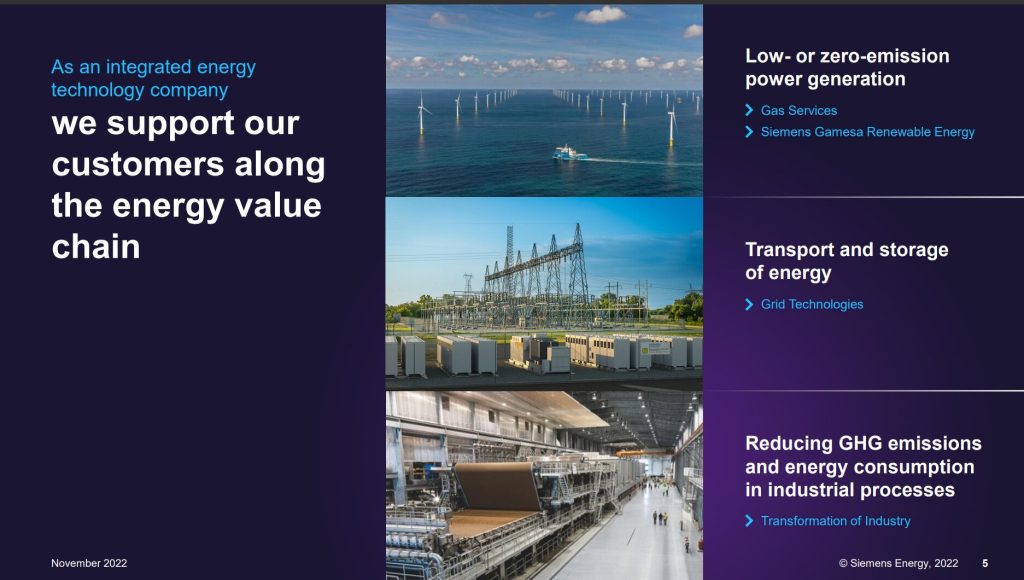
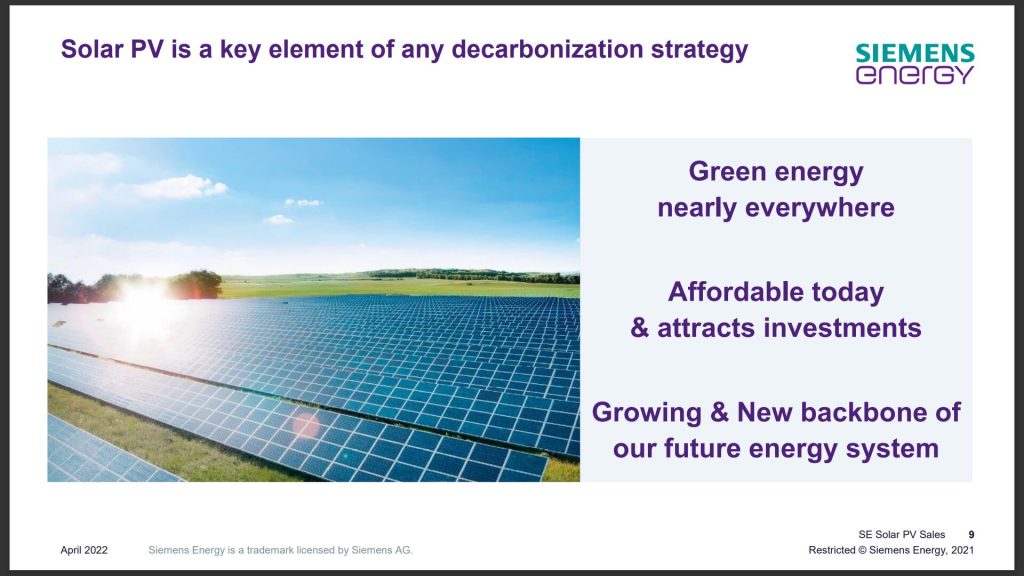
Siemens Energy has a 67 percent share in Siemens Gamesa Renewable Energy which makes it a global market leader in renewable energy sources. The company operates globally almost across the entire energy value chain, The products include gas turbines, generators, transformers, and compressors.
The de-carbonization of key industries
The Croatian company Siemens Energy l.l.c., with headquarters in Zagreb, where experts from the field of energy and similar activities work on local, regional as well as global projects, is headed by Chairman of the Board, Boris Miljavac.
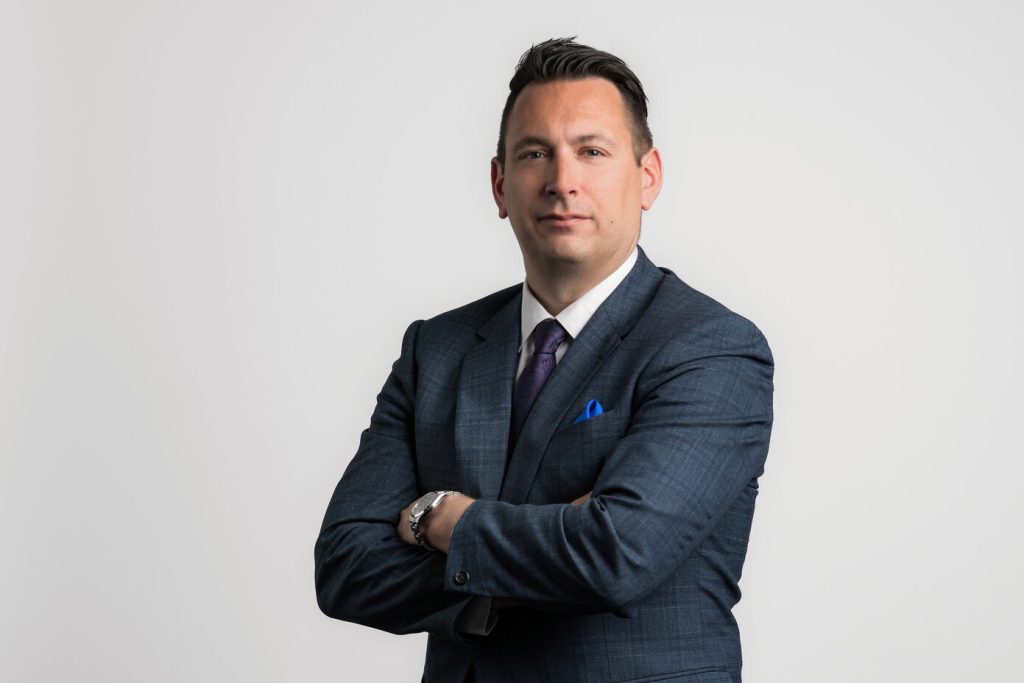
“In Siemens Energy, we are devoted to the ambitious strategy through which we are implementing positive changes in the de-carbonization of the global economy owing to our own innovative solutions. We are intensively working on digitalization and on modernizing business processes in the oil-gas markets in order to enable the transport and distribution of oil and gas in the most efficient and secure way for the environment, the safe and timely storage of oil and without larger crews in the field,” Miljavac pointed out emphasizing that Siemens Energy in Croatia can offer an entire package of innovative solutions because the company wishes to provide on all its markets instant access to the most advances technologies from the fields of electrification, automatization, energy efficiency, and digitalization.
Siemens Energy is implementing de-carbonization, namely, the transition to new forms of renewable and sustainable energy in the steel, aluminum, petrochemical, paper, and cement industries based on the way of life we are used to and which make up one-quarter of the GDP, but also produce 30 percent of the world emissions of greenhouse gases.
Non-polluting transportation using hydrogen
Among the numerous innovative fields in Siemens Energy, special attention is given to hydrogen which is exceptionally important to the company. Hydrogen can be stored in large amounts something Siemens Energy is investing considerable resources into since in the future it strives for gas electric plants run by hydrogen when solar or wind energy are not available.
“Our goal is to use hydrogen as much as possible in transportation and other services as well”, Miljavc points out and underlines that hydrogen can be stored and transported using the existing gas infrastructure with smaller interventions and adaptations of existing platforms and that Croatia intends to enable the integration of hydrogen into its energy and mobility systems. Siemens Energy with its experts, solutions, and experience in the area of hydrogen technology is a reliable partner.
Miljavac underscores that the production potential of Croatia is seven times greater than the expected need for electric power to 2030, therefore representing a great opportunity for using that resources for the production of green hydrogen through an electrolyzer. He points out that hydrogen is one of the better solutions and that all Siemens Energy turbines will be run by it by 2030.
In the research of hydrogen, an important pilot project conducted by Siemens Energy and Porsche with partners is the one located in Chile which is to result in the first integrated and commercial large plant in the world for the production of synthetic, climatically neutral fuels (e-fuels).
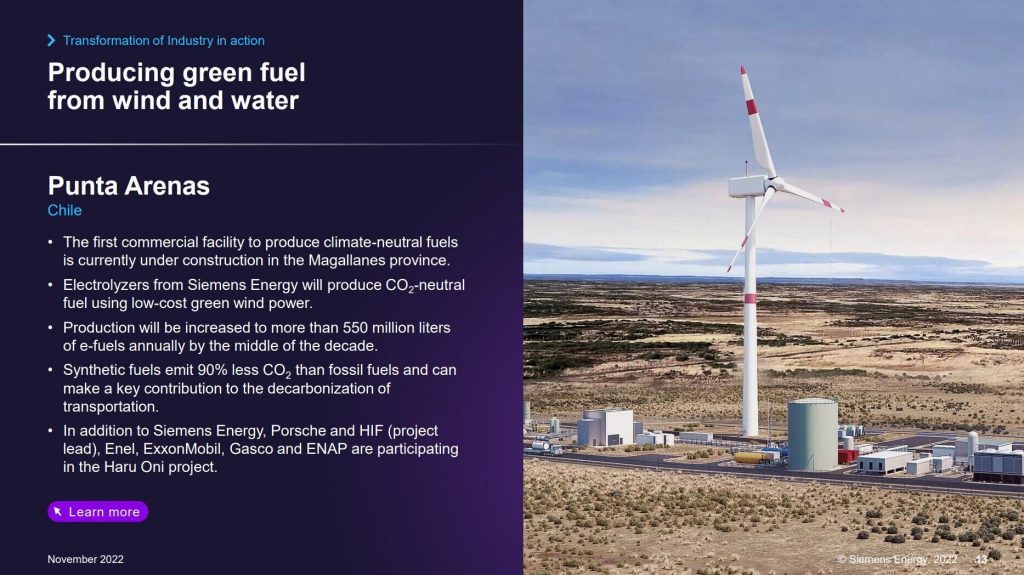
“The project exploits excellent climate conditions for wind energy in southern Chile. In order to produce green hydrogen, the electrolyzers use wind power to divide water into its components, oxygen, and hydrogen. Consequently, CO2 is filtrated from the air and combined with green hydrogen, creating synthetic methanol. In the further step, green methanol is converted into a climatically acceptable e-fuel for export and local consumption. This enables vehicles with internal combustion motors to run in an almost climate-neutral manner, which is a significant contribution to decreasing CO2 emissions in the transportation sector“, Miljavac clarifies.
Croatia leads the way in South-Eastern Europe
Siemens Energy cultivates an all-encompassing approach to energy challenges, emphasizing therefore the importance of enhancing the distribution systems so that they can receive more energy from renewable sources.
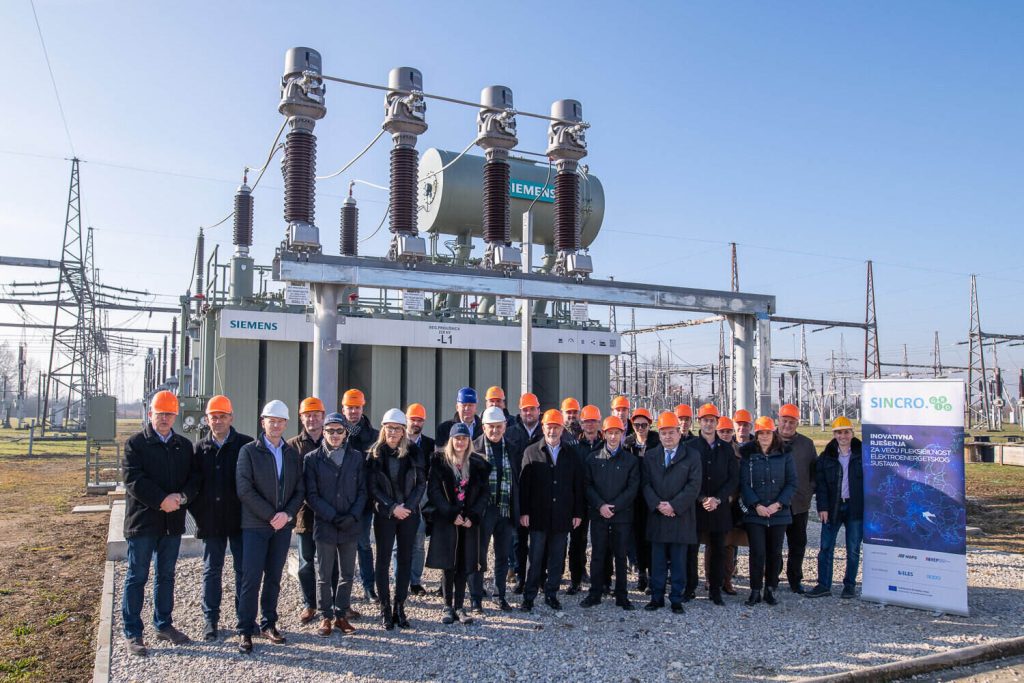
Croatia, alongside Slovenia, is the country in which Siemens Energy with its partners is implementing the project SYNCRO.GRID through which they found a solution for eliminating possible congestion in the grid. Croatia will be the first country in South-Eastern Europe that will have the most advanced solution for regulating the voltage volume in the transmission grid which enables an exceptional resilience of the system to dynamic changes as well as receiving more energy from renewable sources with less loss. Fifty-one percent of the investment is in SYNCRO.GRID is financed by the European Commission and given that both Slovenian and Croatian operators of the transmission and distribution system are participating, it is an excellent example of cross-border cooperation.
Siemens Energy in the Croatian energy system
Siemens Energy in the Croatian energy system contributes through participation in important projects. The turbine SGT800 which Siemens Energy constructed in its factory in Finspang will be installed in the new combined co-generational block KKE EL-TO Zagreb – Block L. The unique technology will transform the production plant in Zagreb’s Trešnjevka into a clean and efficient gas-electric power plant as it will push out the older production and provide more-than-needed flexibility to the electric energy system.
The company is also a partner in the reconstruction and modernization of the Thermoelectric and heating plant (TE-TO) Osijek which started operating in 1995. TE-TO Osijek lowered the smoke gas emission values considerably below the legally set limits, The migration of directing and managing the new system of burning with burners to low levels of NOx emissions and alternative fuel provides for the greater flexibility, reliability, and availability of boilers as well as the security of plant operation in cases of disruptions in the supply of natural gas and all that with keeping in check the emissions of greenhouse gases.
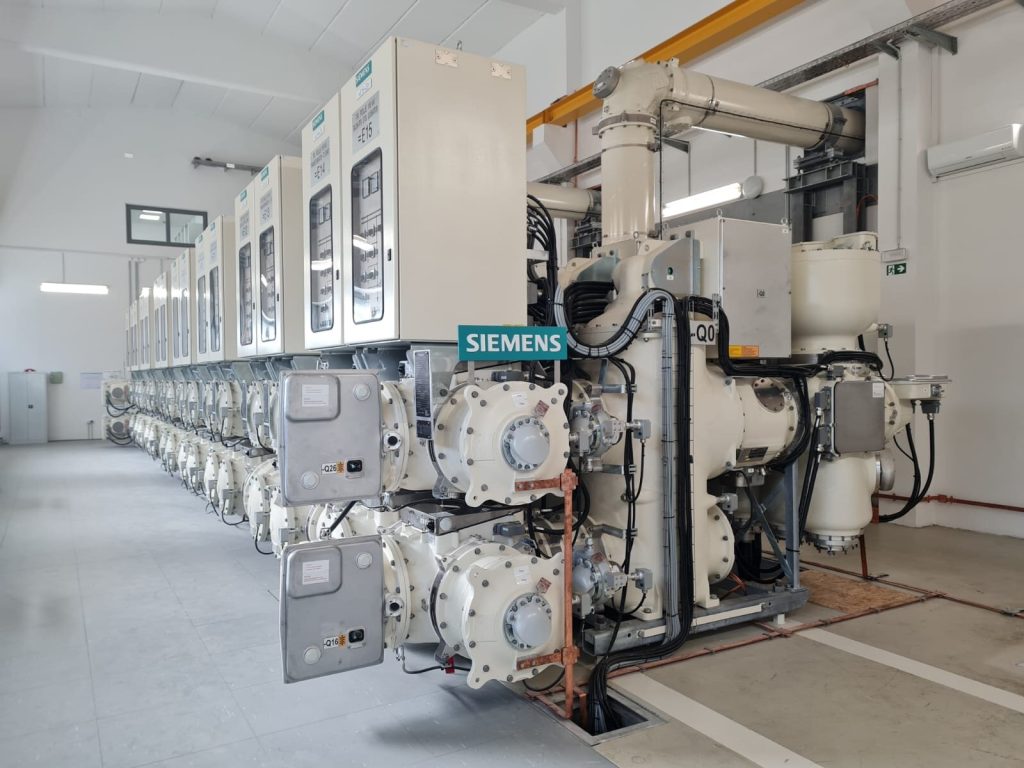
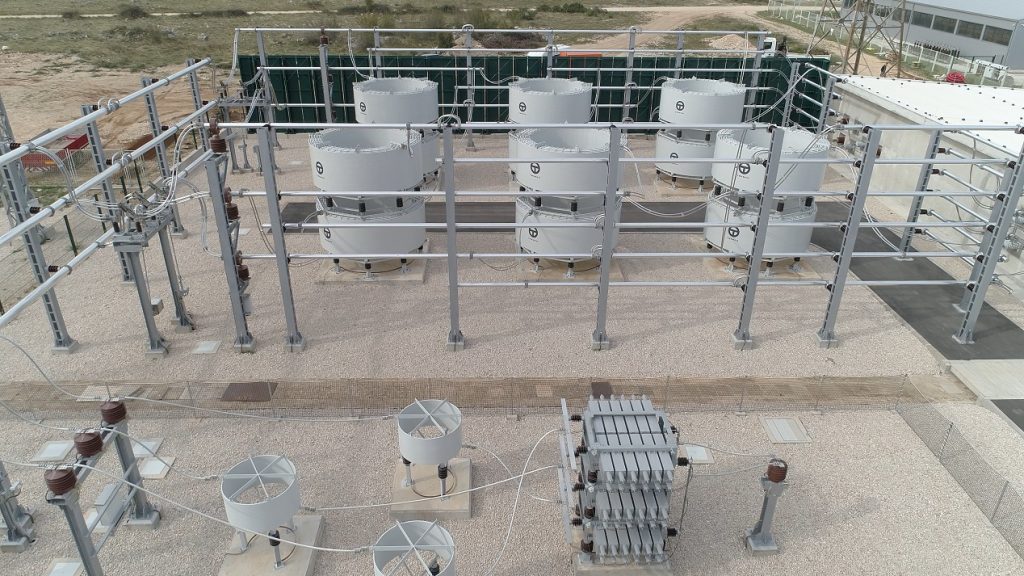
Alliances for a better energy future
Siemens Energy considers that the development of secure energy in the future will require not only partnerships but alliances as well. It deems important the alliance with the Faculty of Electrical Engineering and Computing of the Zagreb University with which Siemens Energy has concluded an agreement geared at achieving long-term scientific, technical and expert cooperation in the field of research and development and especially on projects of developing new technologies in the fields of research, development, and education in the Faculty’s areas of activity.
The fact that Siemens Energy became a member of RESC is a recognition of the importance it places on the significance of joint action. “Joining the community of companies and institutions dedicated to research, support, and promotion of renewable energy sources gathered in the association Renewable Energy Sources of Croatia (RESC) represents for Siemens Energy another important alliance for a better energy future”, Boris Miljavac, Chairman of the Board of Siemens Energy in Croatia, pointed out.
Maja Pokrovac, the RESC director emphasized the value of community and the significance of the contribution of each new member of RESC. “It is exceptionally important to send out the message of unity in achieving the joint goal of attaining the energy self-sufficiency of Croatia and its citizens and that is what the RES industry is doing. By grouping together and undertaking joint activities the sector of renewable energy sources becomes ever stronger and more important in the energy transformation of Croatia. It is a particularly satisfying to see that international companies, leaders in the field of RES sector development and innovation, recognize the relevance and potential of Croatia and its role in the European community. Siemens Energy, like many of our members, moves the boundaries of the possible on a daily basis by creating new and better energy solutions for a climatically clean and energy-independent future. We are pleased that the values advocated by RESC have also been recognized by Siemens Energy and that it has joined us in the joint implementation of goals.”
Siemens Energy, welcome to RESC!


